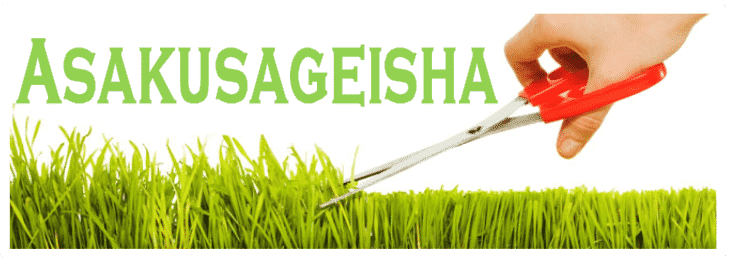Gardening Will Be Simple With These Tips
Well, you’ve decided to perfect your organic gardening skills. Good for you! However, there is so much information that you may not know where to begin. Don’t worry, organic gardening tips are here! Listed in this article are some tips that will help you to get started and organized so that you can become an organic gardening expert.
Run your fingernails across a bar of soap before you go out to weed or plant in your garden. The soap that collected under your nails will prevent the collection of dirt while you work. Afterward, a simple scrub with a nail brush will remove the soap and leave your hands clean, with much less effort.
When deciding to take up gardening, it is important to study and know your geographical area. Some vegetation simply can’t survive a northern winter. Contrarily, some plants can’t survive a Texas summer. As such, it is important to know where you are and what the plants that you intend on growing can handle.
To produce the largest and tastiest fruits and vegetables from vine plants, don’t be afraid to pinch off blossoms, as well as the vine, that often trails far and away from the main plant. If you minimize the blossoms on a plant and the distance from the plant to those blossoms, the plant is better able to provide more nutrients to the blossoms that remain which will then result in the biggest and best fruits and vegetables.
Used tea and coffee grounds make good soil enrichers. Both coffee and tea grounds are great additions when you need to raise the acidity of your soil. If your soil is pH balanced, adding the tea and coffee is good, as flowers such as rhododendrons and azaleas, and fruits such as blueberry, appreciate soil that is on the acidic side. You can work the grounds into the soil before you plant your garden, or sprinkle a little around existing plants once a week or so.
A useful solution to keep pests like bugs and flying insects away from your garden is to put basil, garlic or parsley plants as trim plants around your garden. These plants have the ability to deter pests, while still being quite useful in your kitchen! If a splash of color is more your style, marigolds have a similar effect.
To make sure your garden looks great from season to season, plan ahead. Make sure your garden includes both annuals, biennials, and perennials so that you can always count on something blooming. Before you plant any flower, think about what you want for your garden in the next year or two.
When gardening, it is wise to rotate your crops, especially if you are growing more than one crop of fruits or vegetables in your garden each year. This helps to conserve the nutrients in the soil. It also helps to avoid diseases in the soil. Even with crop rotation, nutrients needed to be added back into the soil after each planting season.
To keep cats, snakes, and other critters out of your garden, use moth balls. Moth balls may not smell pleasant to us, but they smell even worse to most animals, and they’ll easily scare them away. Simply scatter a few moth balls at the edges of your garden. Moth balls can be obtained very cheaply from drug stores and dollar stores.
A great trick for organic gardeners and a neat way to reuse plastic milk jugs are to use them as a form of self irrigation for your garden. All you need to do is poke little holes into the bottom of plastic 1 gallon jugs, bury the jugs next to your plants and make sure to leave an opening. Fill the jugs allowing the water to seep slowly into the ground.
It is easy to quickly prepare your perennial garden ground. You just need to use your garden spade for slicing underneath the turf, then flip it, and finally spread about three or four inch deep piles of wood chips. Allow the newly turned soil to sit for two weeks, then plant your perennials.
You should keep your seeds damp without drowning them in water. Spray water over the soil to keep it moist, and place the pots or trays in which you have your seeds in water so that the soil can absorb the water. Make sure you replace the water in which your pots are standing regularly.
When watering it’s important to make sure that the water reaches all the way to the bottom of the soil. Roots that are grown closer to the surface are more likely to get damaged, and in turn produce plants that are less hardy and more susceptible to damage. By pouring water only on the top layer, the roots are forced to grow upwards and become shallower.
You should feel better after reading these tips when it comes to organic gardening. That was a lot to read through, but at least now, you should have an idea of what to do and where to begin with your organic garden. In addition, you can always return to this list.
